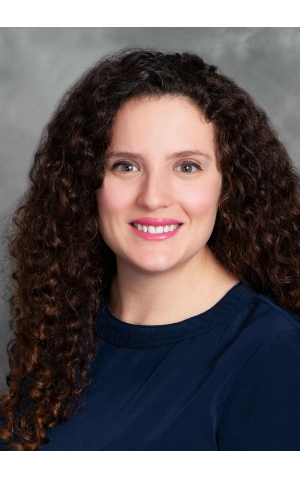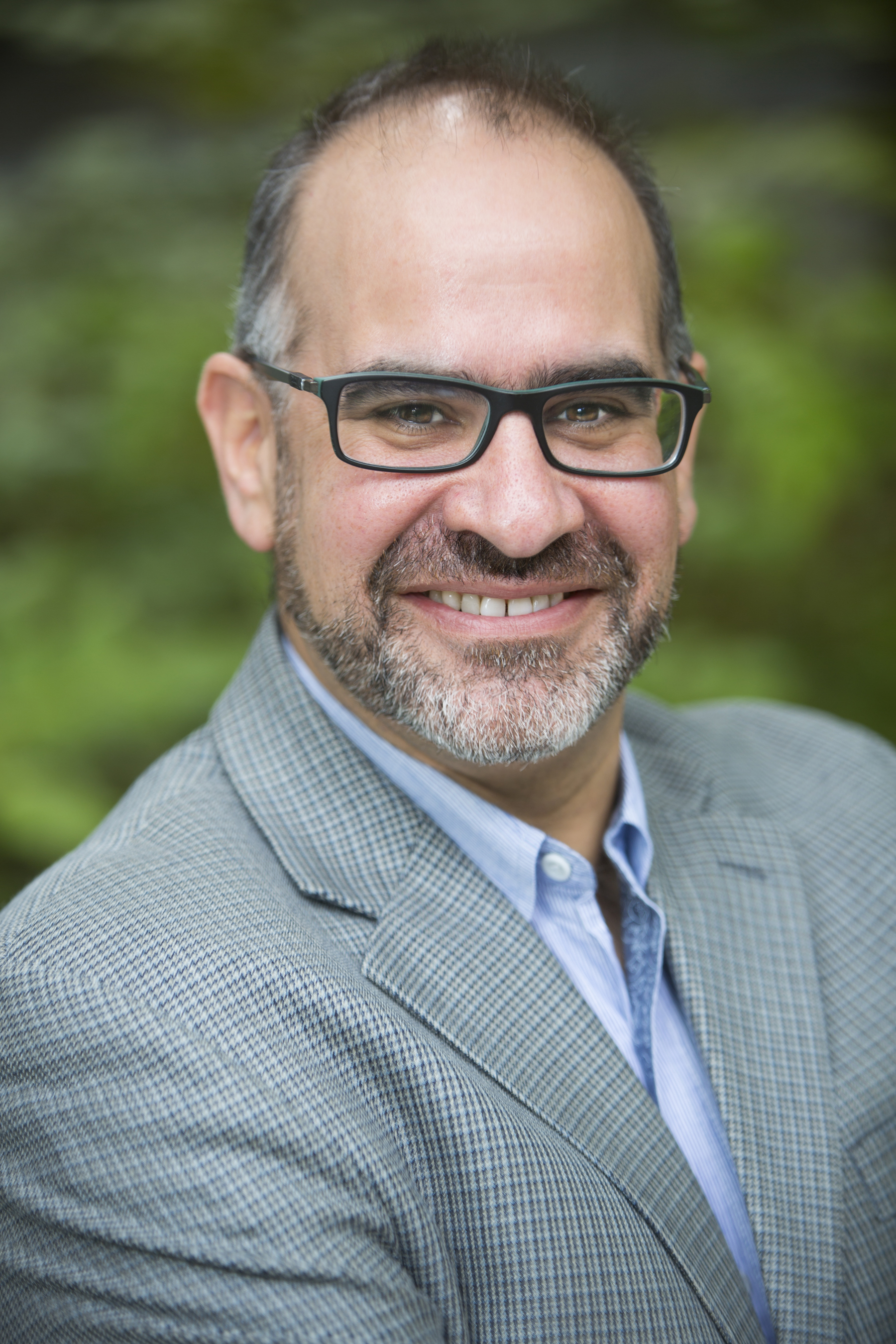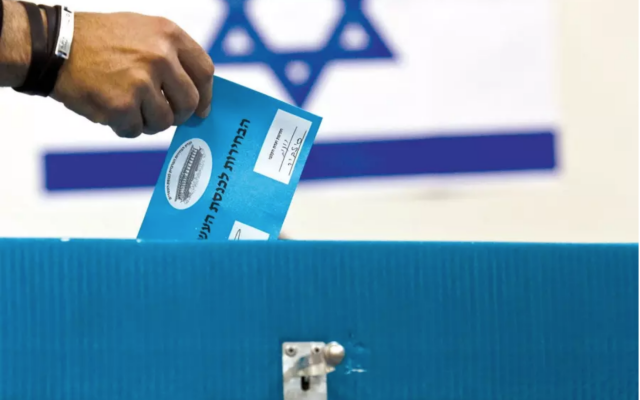New Israeli Elections Set for Sept. 17
All bets are off now that Israel is heading to new parliamentary elections after attempts to assemble a coalition government failed.
All political bets are off now that Israel is heading to new parliamentary elections after Prime Minister Benjamin “Bibi” Netanyahu was unable to assemble a coalition government. At the end of May, just five weeks after the April election and a month after taking their seats, Knesset members voted to disband the parliament.
“There really is no historical perspective” in which to place this new election, scheduled for Sept. 17, “because this is unprecedented,” said Richard Walter, vice president of curriculum and outreach at the Atlanta-based Center for Israel Education.
“The closest thing in recent memory would be in 2008 when Ehud Olmert resigned as prime minister and Tzipi Livni was tasked to form a new government,” Walter recalled. “She was not able to put a coalition together and early elections were called for February 2009.”
In that election, even though Livni and her Kadima party won the most seats – 28 over Likud’s 27 – the mandate to form a government was given to Netanyahu and Likud because more MKs, or members of Knesset, recommended Netanyahu for prime minister, Walter said. “The big difference is that this came after a resignation and not following an election.”
“Unprecedented” is also the term used by Mitchell Kaye, former five-term Georgia representative, to describe the latest political upheaval in Israel. “At first glance, Netanyahu appears to be the big loser, appearing to win another term as prime minister and then having to face the uncertainty and risk of it falling apart with another election. However, he is beyond savvy and one would be wise not to bet against him.”

Here’s what we know for sure: Netanyahu’s Likud Party won 35 of the 120 seats in the April election, the same number as the upstart center Blue and White party. But Netanyahu’s “natural partners,” consisting of two ultra-Orthodox parties, Shas and United Torah Judaism, each won eight seats. The center-right Kulanu party won four, the Union of Right-Wing Parties won five, which only totaled 60 seats. He needed one more to get a majority. Former Defense Minister Avigdor Lieberman’s Yisrael Beiteinu Party won five seats. Although Lieberman’s party aligned with previous Netanyahu governments, he chose not to join this time around.
That doesn’t mean Lieberman won’t change his mind after the September elections.
At this point, there’s a lot we don’t know. Already there are indications that parties will merge, while others that merged for the last election may disband or divide into multiple parties. Reportedly, Kulanu will join up with Likud. But as Rachel Broyde, former head of Likud’s English campaign, noted, “Deals like that typically must receive Likud Central Committee approval, so we will have to see if it is approved.”
Broyde, an Atlanta native who now lives in Israel, speculated that the makeup of the Union of Right-Wing Parties will depend on Naftali Bennett. Prior to the last election, he launched his own party – the New Right – which failed to win enough votes to make it into the Knesset. “If Bennett decides to return to Bayit Yehudi, I think Otzma Yehudit [the right-wing extremist party] will be excluded. There is also a possibility all the small right parties will combine. New Right plus Union Right plus Zehut or something like that.”
Walter notes that “there is also talk of the four Arab parties, which in April ran as two blocs, once again joining together in a single bloc as they did in 2015. We also may see some people switch or rekindle old allegiances.” For example, he said, there are ongoing conversations between Likud and former Justice Minister Ayelet Shaked, who did not make it into the Knesset in the New Right party.

Another big question mark is whether Israeli voters have the stomach for another election. “Since there is no precedence, there really is no way to know how election fatigue may impact the country,” Walter said. “That being said, in the April elections, ultra-Orthodox participation was high and overall participation declined.”
The April election was widely viewed as a referendum on Netanyahu, who in July will become the longest-sitting prime minister in Israeli history. Many Israelis can’t imagine an Israel without him. But he is living under the shadow of several indictments. Israeli Attorney General Avichai Mendelblit has stated that he plans to indict Netanyahu, pending a hearing, on charges of bribery, fraud and breach of trust after a two-year investigation into Netanyahu’s connections with wealthy businessmen, Israeli newspaper publishers, and the head of Israel’s largest telecommunications company.
That hearing is scheduled for early October, making a likely indictment follow any potential government coalition that Netanyahu could establish if he should again come out ahead in the elections. Israeli law doesn’t preclude a sitting prime minister from remaining in office after an indictment. But he would be the first sitting prime minister to be indicted.
Other issues, such as the independence of the Israeli Supreme Court and a pending new law that would draft more ultra-Orthodox males into the Israel Defense Forces may also impact who and how many Israeli voters come to the polls in September.
The actual election campaigning hasn’t even begun.




comments